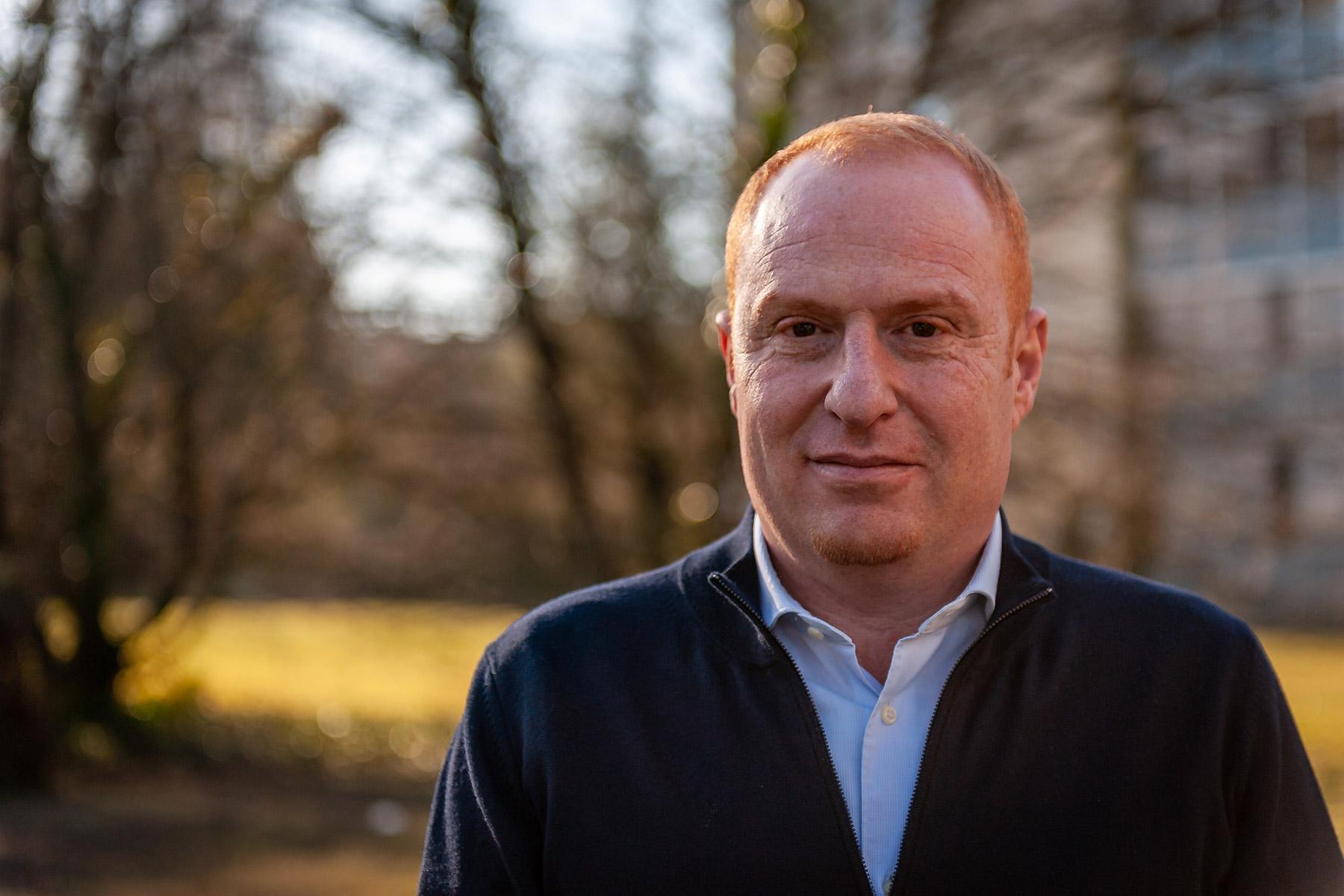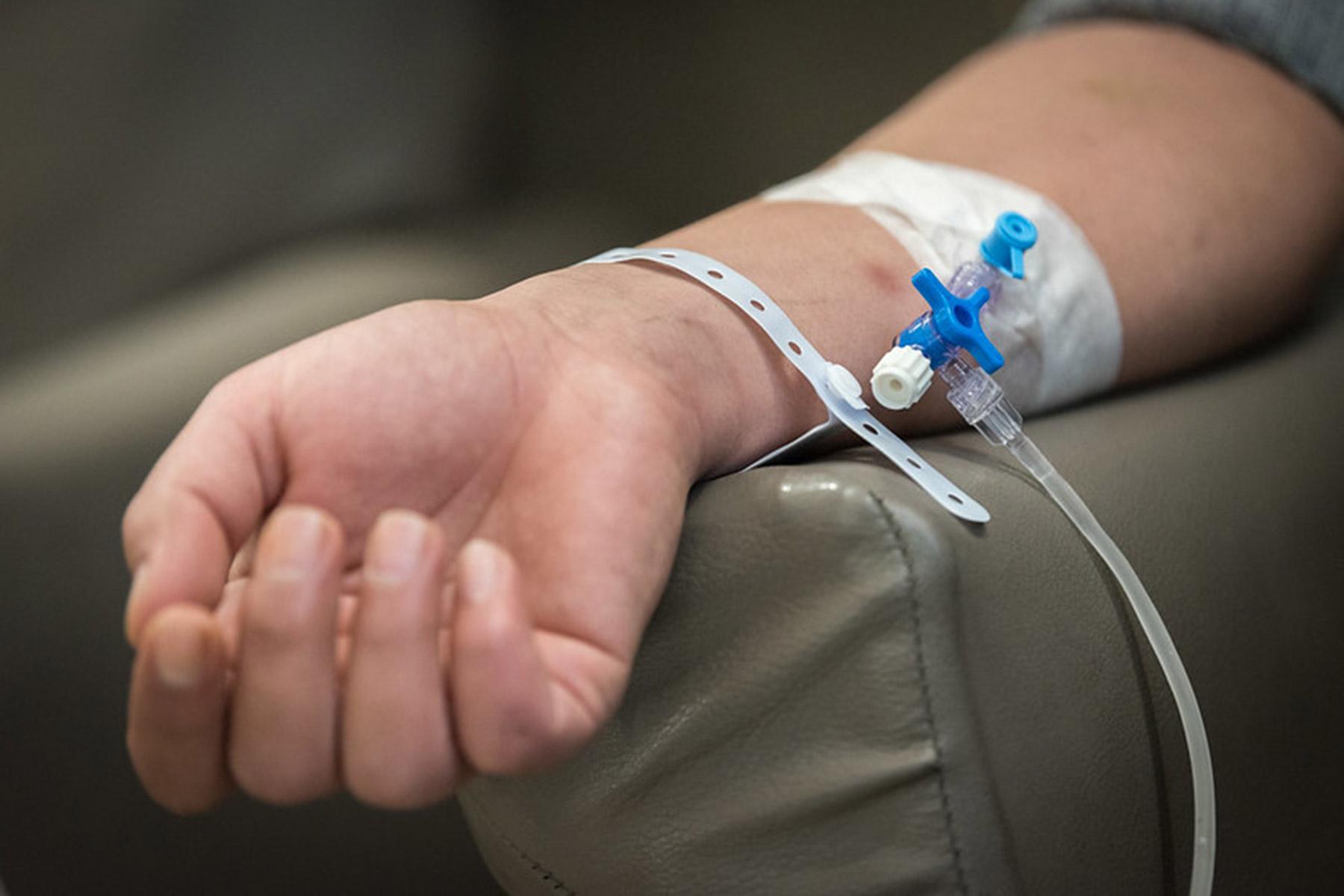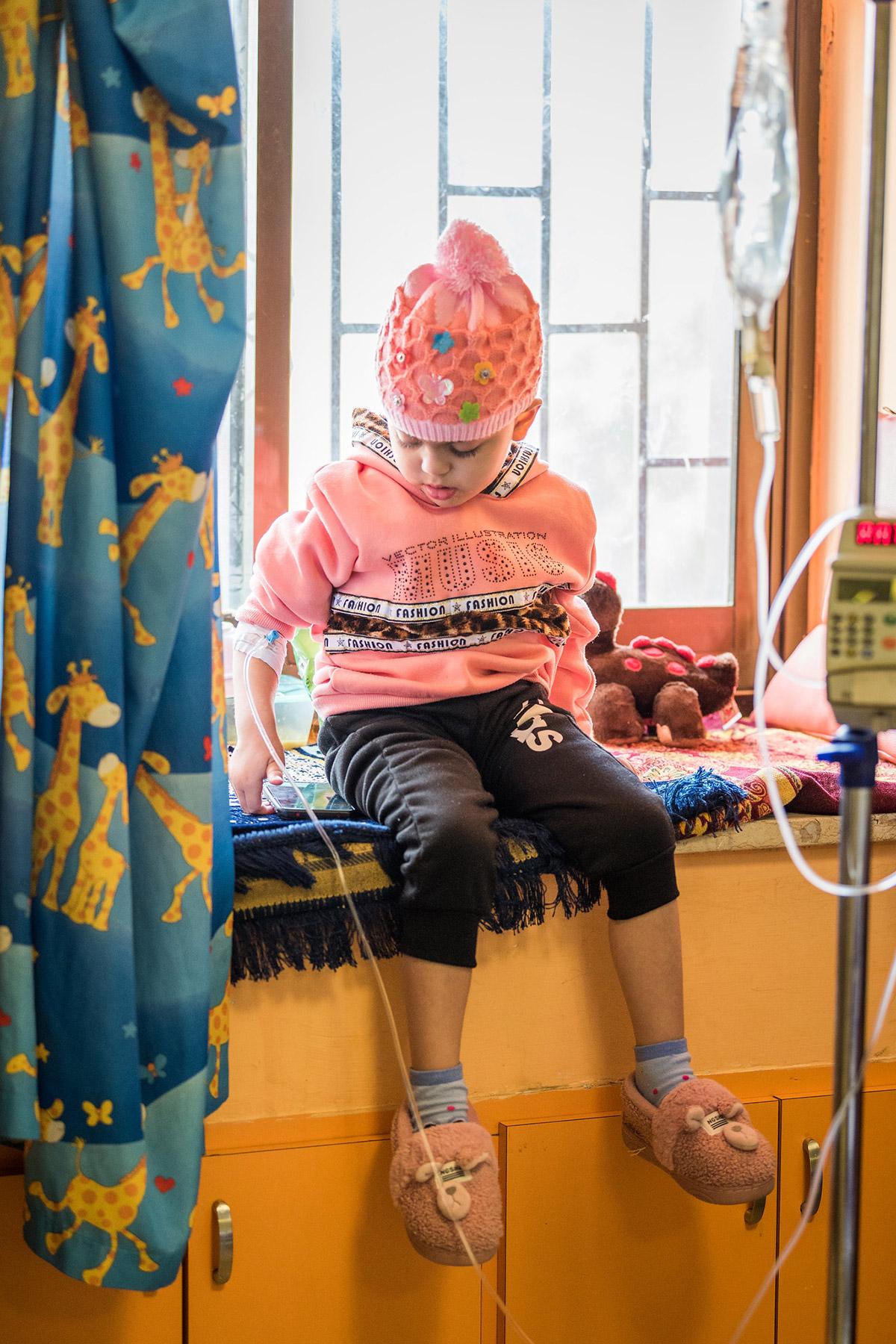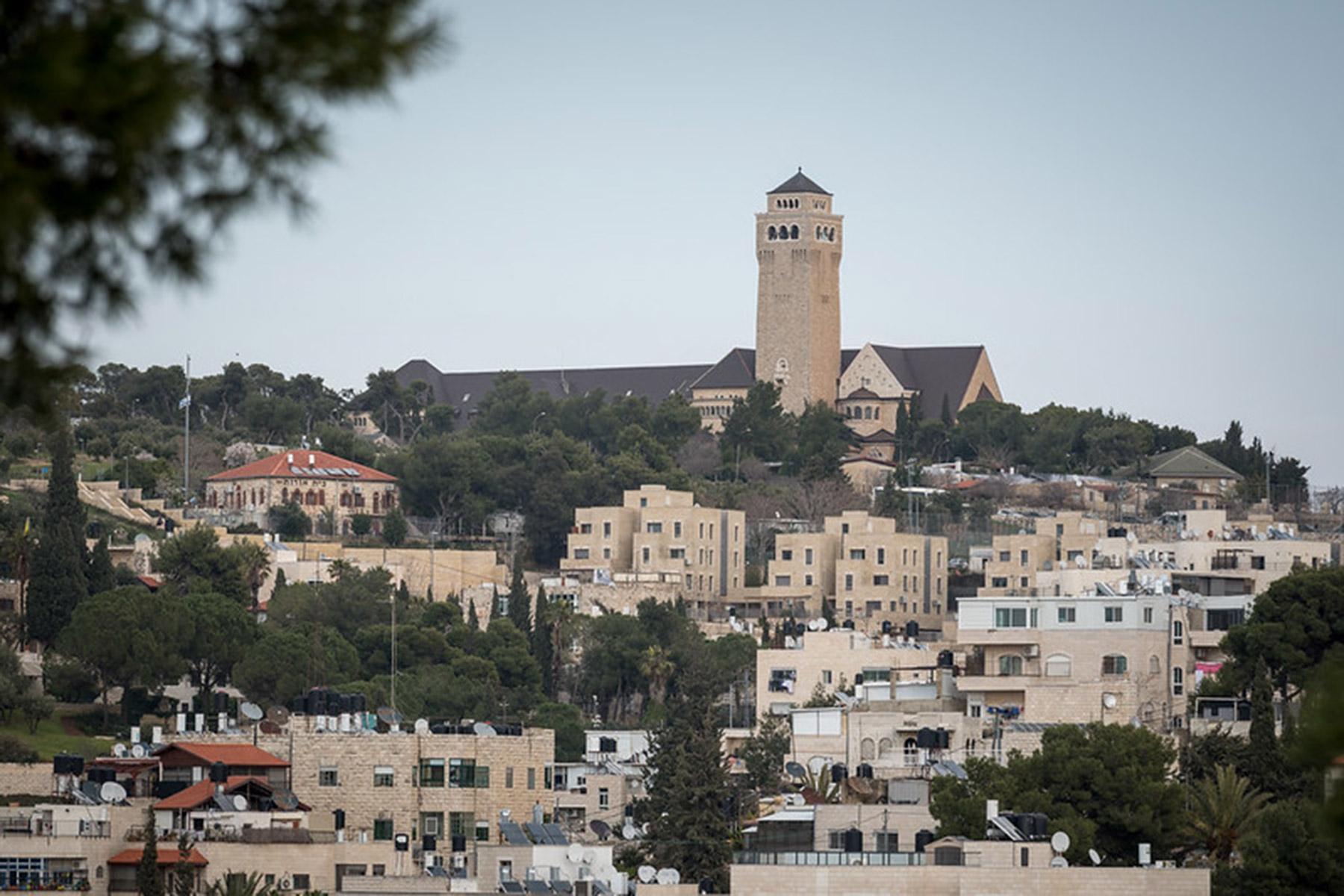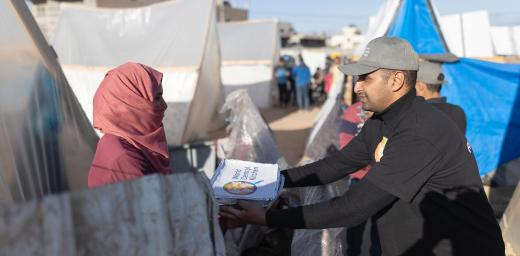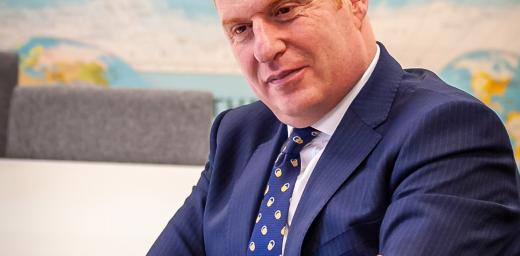Interview with Dr. Fadi Atrash, CEO of Augusta-Victoria-Hospital in East Jerusalem
(LWI) - On the tenth day of the war in Israel-Palestine, concerns are mounting over the fate of civilians. Several thousand have been reported killed and injured, and hundreds of thousands are displaced in Gaza. The war is also affecting the patients and staff of Augusta Victoria Hospital (AVH) in East Jerusalem.
The AVH, which is owned and operated by The Lutheran World Federation (LWF), provides specialized care for cancer patients and those needing hemodialysis. Many patients are unable to access life-saving treatment or are stuck at the hospital, watching a humanitarian disaster unfold in their homeland.
In this interview, Dr Fadi Atrash, Chief Executive Officer of the hospital, talks about the humanitarian situation in Gaza, and the impact of the war on patients and staff.
Dr Fadi, can you give us an update on the situation at the hospital?
We are in an emergency, and we do not know how things will develop. I have set up an emergency team in the hospital to coordinate our work. We have enough staff on board 24 hours a day, to guarantee the operation of the hospital and reduce the need for staff travel between the hospital and the West Bank villages where they live. Traveling between home and hospital is becoming increasingly risky these days because of the increasing settler violence in the West Bank.
Our mission is humanitarian, we are on the side of our patients and those affected by war and conflict.


